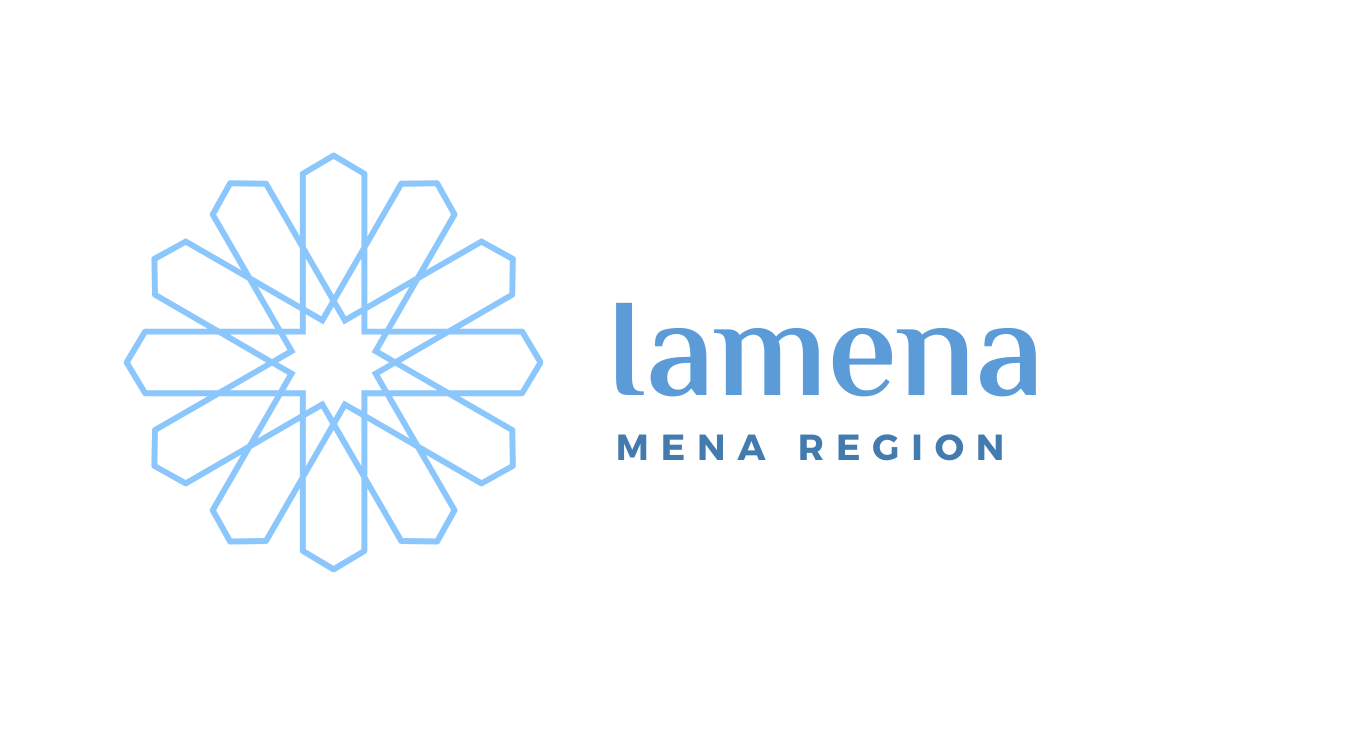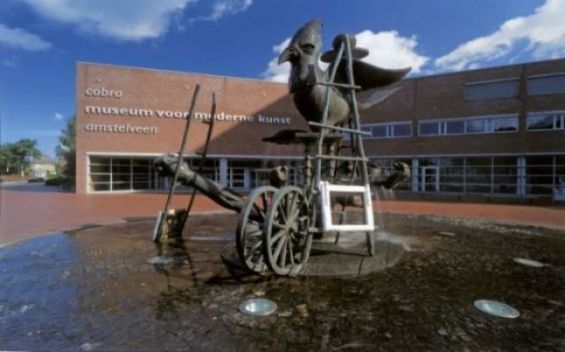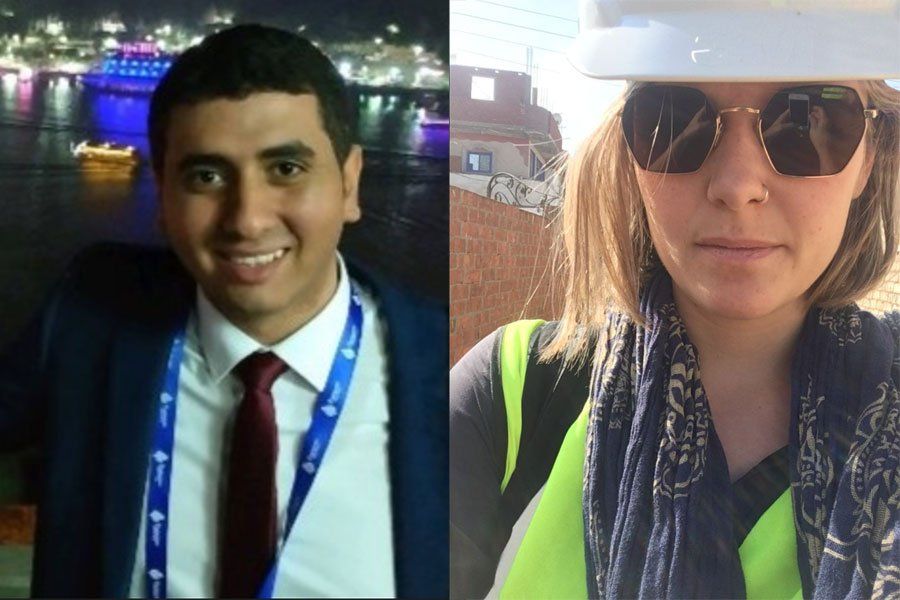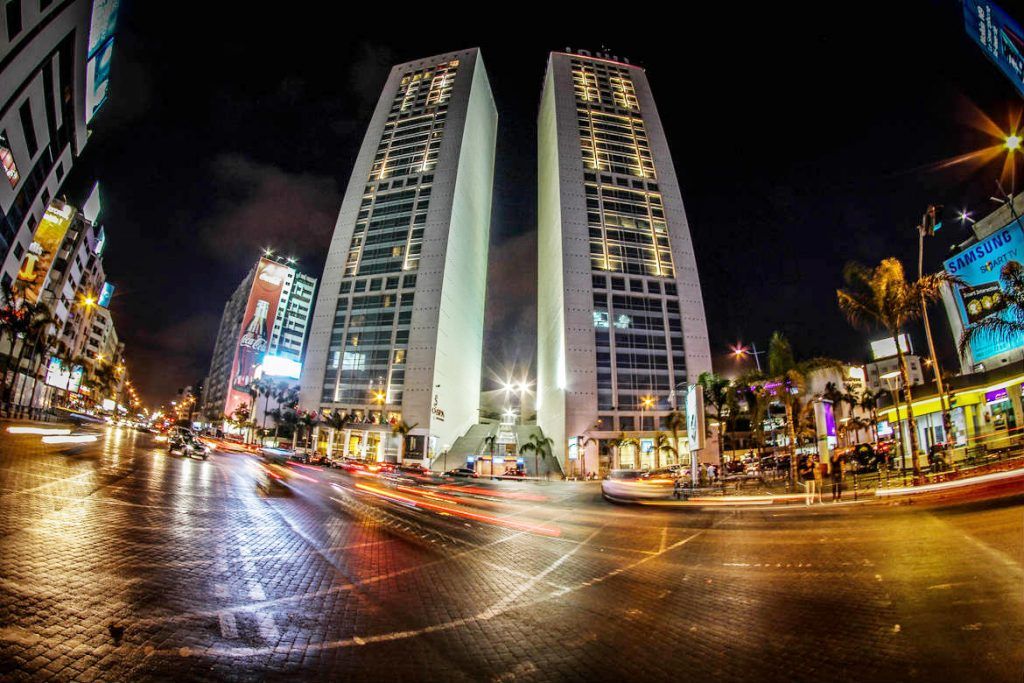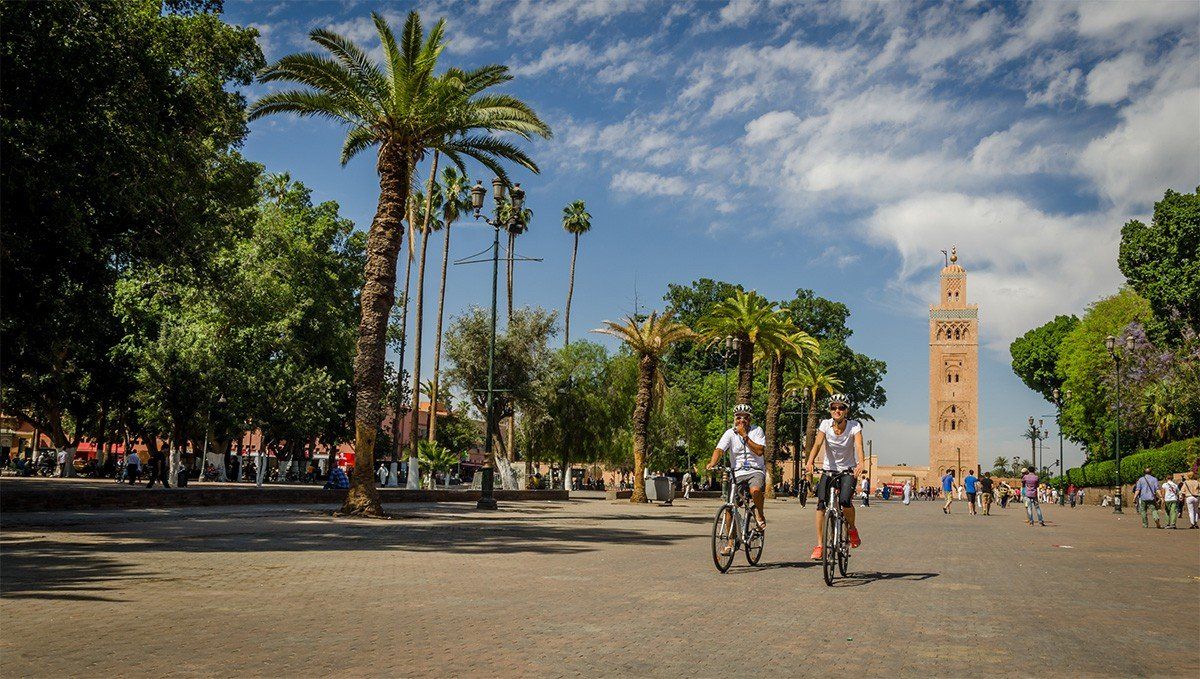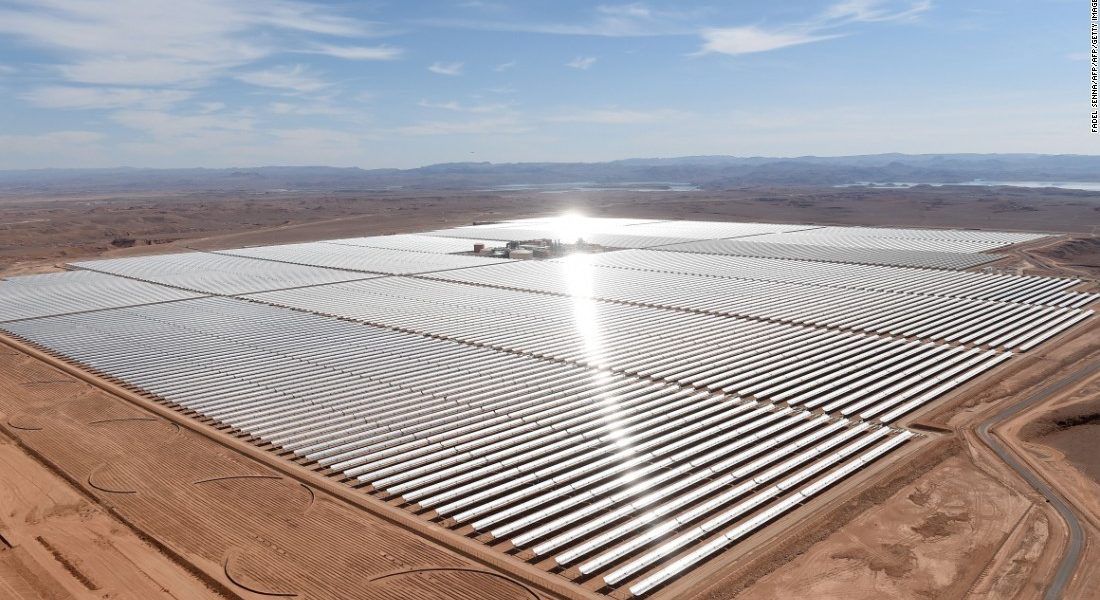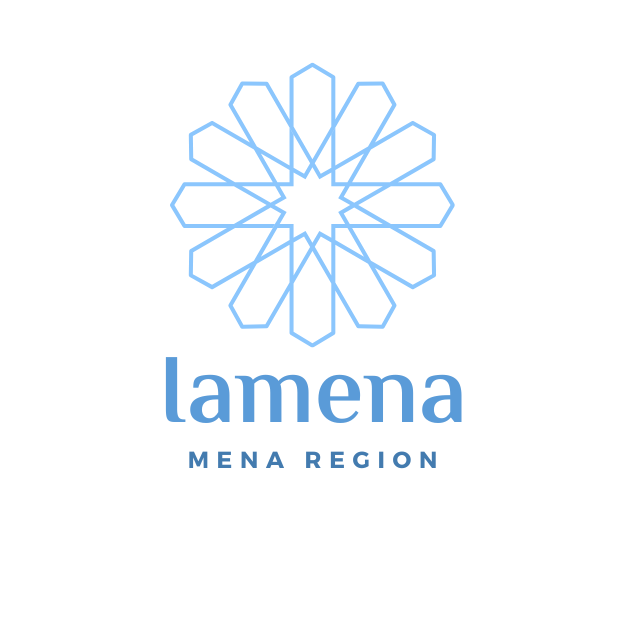Iamena is run by a team of highly driven professionals, all passionate about sharing the stories of Arabic World across the region and the world.
Made in Morocco, towards a new beginning ...
Iamena Redaction • 1 January 2021
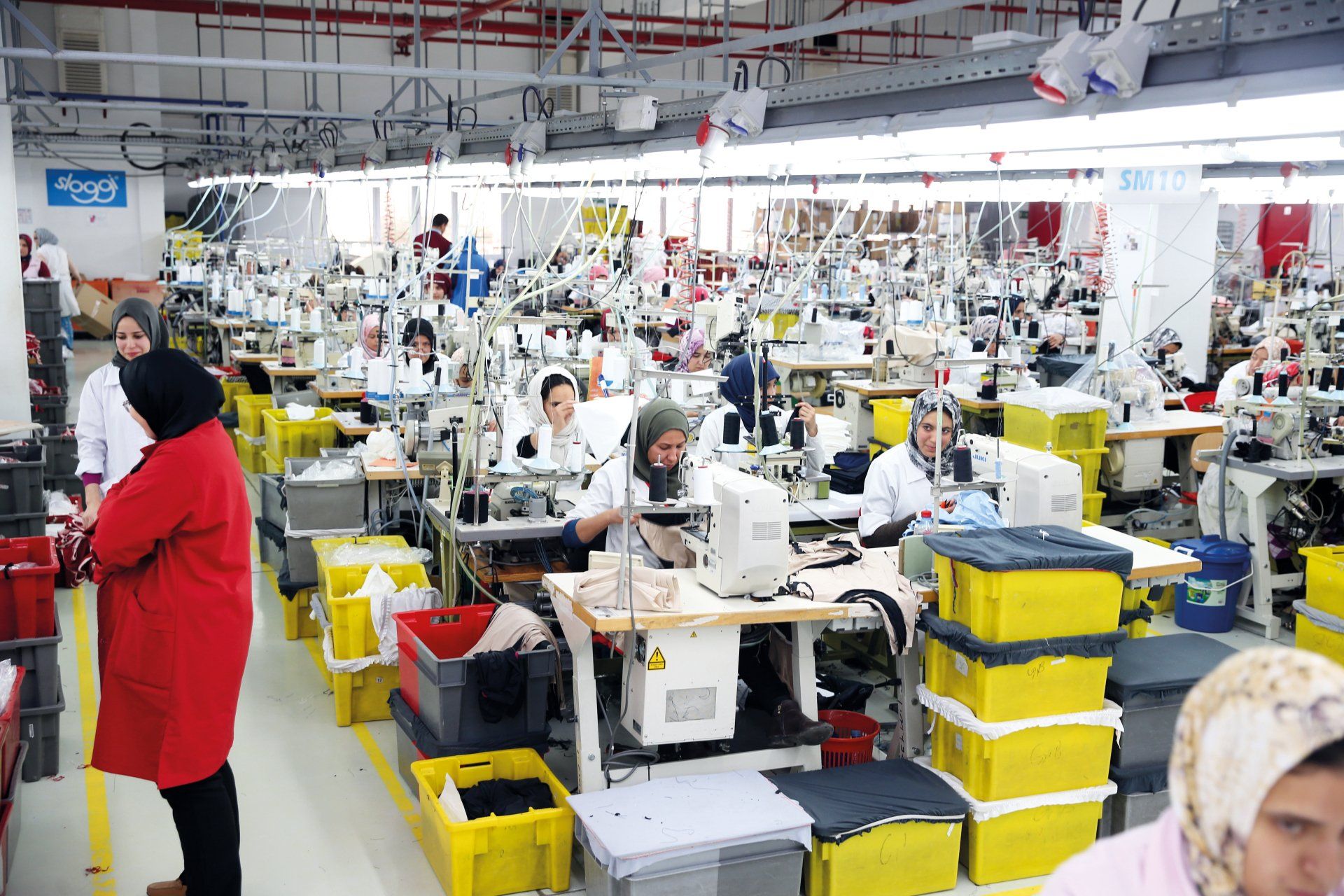
We did it for masks and respirators, why not for tourism and industry? The pandemic is an opportunity or never to reduce dependence on imports, support local supply and make it the engine of sustainable post-coronavirus growth. In crafts, textiles, agrifood, automobile… There is no lack of opportunities and potential. Quality and innovation are the charm assets to win the loyalty of nationals, attract foreign markets and, why not, achieve our economic miracle.
After more than three months of an unprecedented health crisis caused by the Covid-19 pandemic, Moroccan economic players are more than ever aware of the need to turn more to “Made in Morocco” in order to succeed first. a long-awaited recovery and also seize a golden opportunity that arises in terms of exports during the post-coronavirus.
We can no longer speak of a new concept, but rather of a conviction that continues to gain momentum to promote the Moroccan product at national and international scales capable of doubly weighing on the trade balance.
An increase in “Made in Morocco” will indeed allow a significant reduction in imports and an increase in exports, which will logically guarantee a reduction in the trade deficit and an improvement in Morocco's stock of foreign currency reserves.
Consequently, the development of a 100% Moroccan production thus depends both on the domestic market and on exports.
Masks, gowns, respirators… What next?
This period of health crisis, which was a severe test for the whole world, clearly demonstrated the importance of this “Made in Morocco”. Moreover, the experience was a great success with the production of 100% Moroccan respirators and protective masks against Covid-19.
Better still, this production of masks satisfied a growing domestic demand, making it possible to achieve national self-sufficiency in this area, before moving towards export. A successful bet since a total of 18.5 million units of protective masks were exported by 69 companies to 11 countries spread over four continents during the period from May 21 to June 08.
According to the Ministry of Industry, the export of these masks concerned several countries such as France with a share of 33.6%, Portugal (28.5%) and Spain (14.6%) . This means that the Kingdom is on the right track to further strengthen its position as a world leader in various fields, particularly in terms of medical equipment.
to “re” conquer local consumers
In addition to the export component, “Made in Morocco” also seems to be a better way to revive the national economy and give Moroccan companies a breath of fresh air. Still more efforts are needed to promote “local consumption” and encourage Moroccans to buy local products.
This is to give this national added value a chance to shine, particularly during the post-coronavirus period when the Moroccan economic fabric will be on the lookout for the slightest opportunity to get off to a good start. For example, national tourism, a sector affected by the harmful fallout from this pandemic including the closure of borders, relies mainly on domestic demand to try to save a year that promises to be already catastrophic.
In its overall proposal for the economic recovery plan, the General Confederation of Moroccan Businesses considers the promotion of “Made in Morocco” among the main levers to be operated in order to cope with the demand shock generated by the health crisis. It is thus a question of capitalizing on the image of Morocco and of encouraging local consumption. The employers also advocated the creation and encouragement of a “Made in Morocco” label aimed at facilitating the recognition and promotion of Moroccan products with strong local content, facilitating their identification. Crafts, tourism, textiles, agrifood, industry, culture etc. So many sectors and areas where the Moroccan product should be valued through public-private media communication and the development of a label symbolizing quality, respect for consumers and the environment.
Made in Morocco
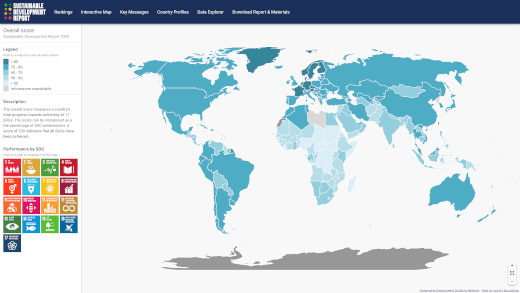
Jun 14, 2021 The Sustainable Development Report 2021 presents the SDG Index and Dashboards for all UN member states, outlines the short-term impacts of COVID-19 on the SDGs, and describes how the SDGs can frame the recovery. It was prepared by teams of independent experts at the Sustainable Development Solutions Network (SDSN) and the Bertelsmann Stiftung. MENA Rankings: Source: SDG Index.org
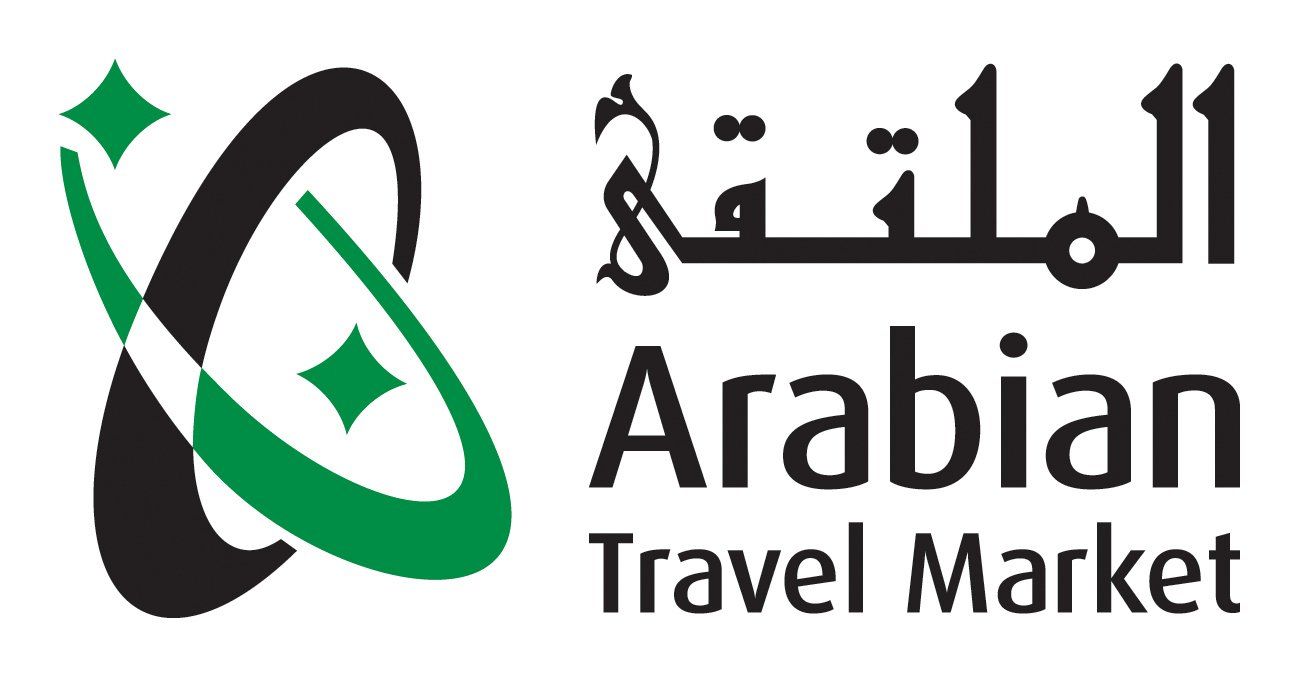
Arabian Travel Market (ATM), is the leading global event for the Middle East inbound and outbound travel industry. It is a great place for connecting with a global network of decision-makers, executives or to simply book a vacation trip in the travel industry and focusing on the Middle East inbound and outbound travel. The event provides an immense opportunity where travel meets trade which enables networking, negotiating and conducting business. It aims at providing an immense experience which the visitors can cherish forever and a platform to interact with customers and professionals. This event strives to foster a healthy environment for business to client or business to business organizations all across the globe. The event provides an immense opportunity where travel meets trade which enables networking, negotiating and conducting business. It aims at providing an immense experience which the visitors can cherish forever and a platform to interact with customers and professionals. The Arabian Travel Market (ATM) generate over AED91 billion in deals. Now in its 27th edition, the annual business-to-business exhibition showcases thousands of products and destination offerings from around the world to influential buyers and trade visitors. In 2019, the fair attracted 39,000 professionals, government ministers and international thought leaders, who came together to network, negotiate and identify the latest trends in travel. The highly-anticipated ATM 2021 edition is expected to be even better and will feature an exciting series of lectures, talks and panel discussions, including keynote speeches from the best names in the business.

